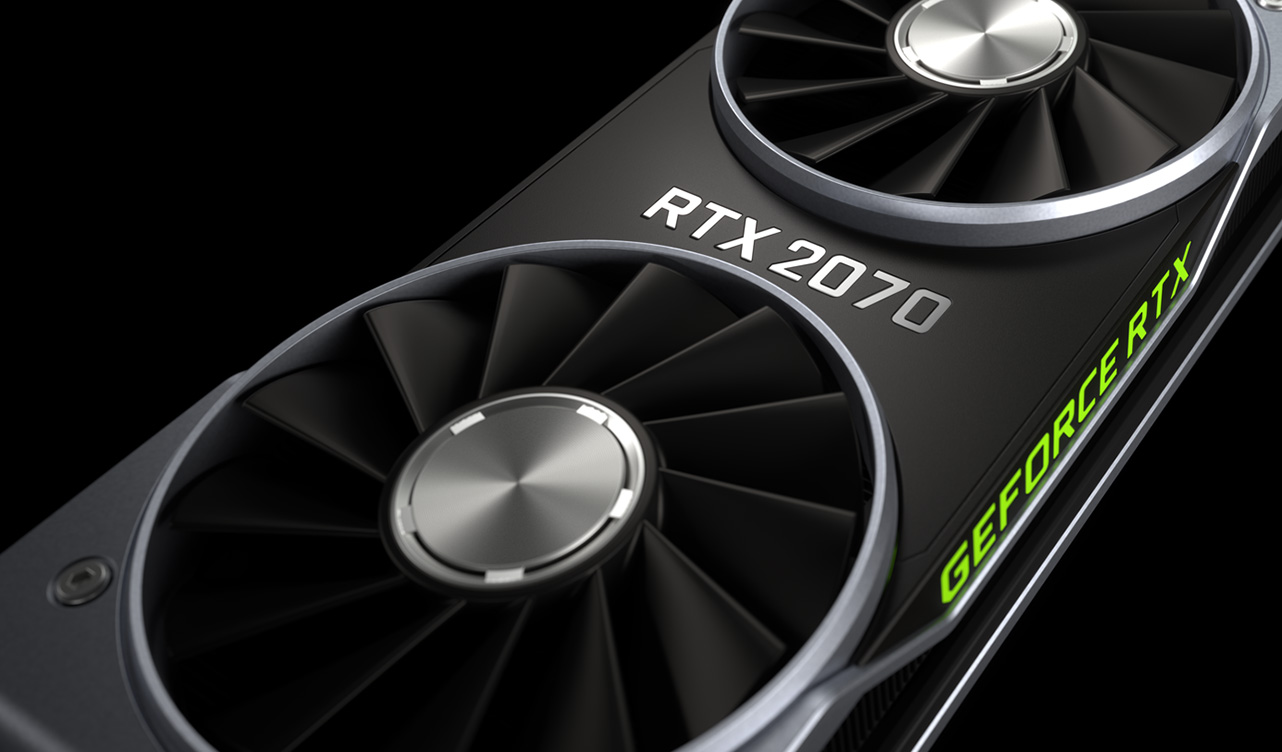
Every year, the hardware hivemind gets together and talks about what hardware releases made the most noise over the year. We take into account specs, affordability, comfort, reliability—everything we can think of that would make us give any one component the award to end all awards.
We've tallied the votes and came out with a few hardware and peripheral stand-outs. They all made our individual 'best of' lists, so it wasn't easy to come to a decision, but if you're curious as to what won a hardware of the year award, read on.
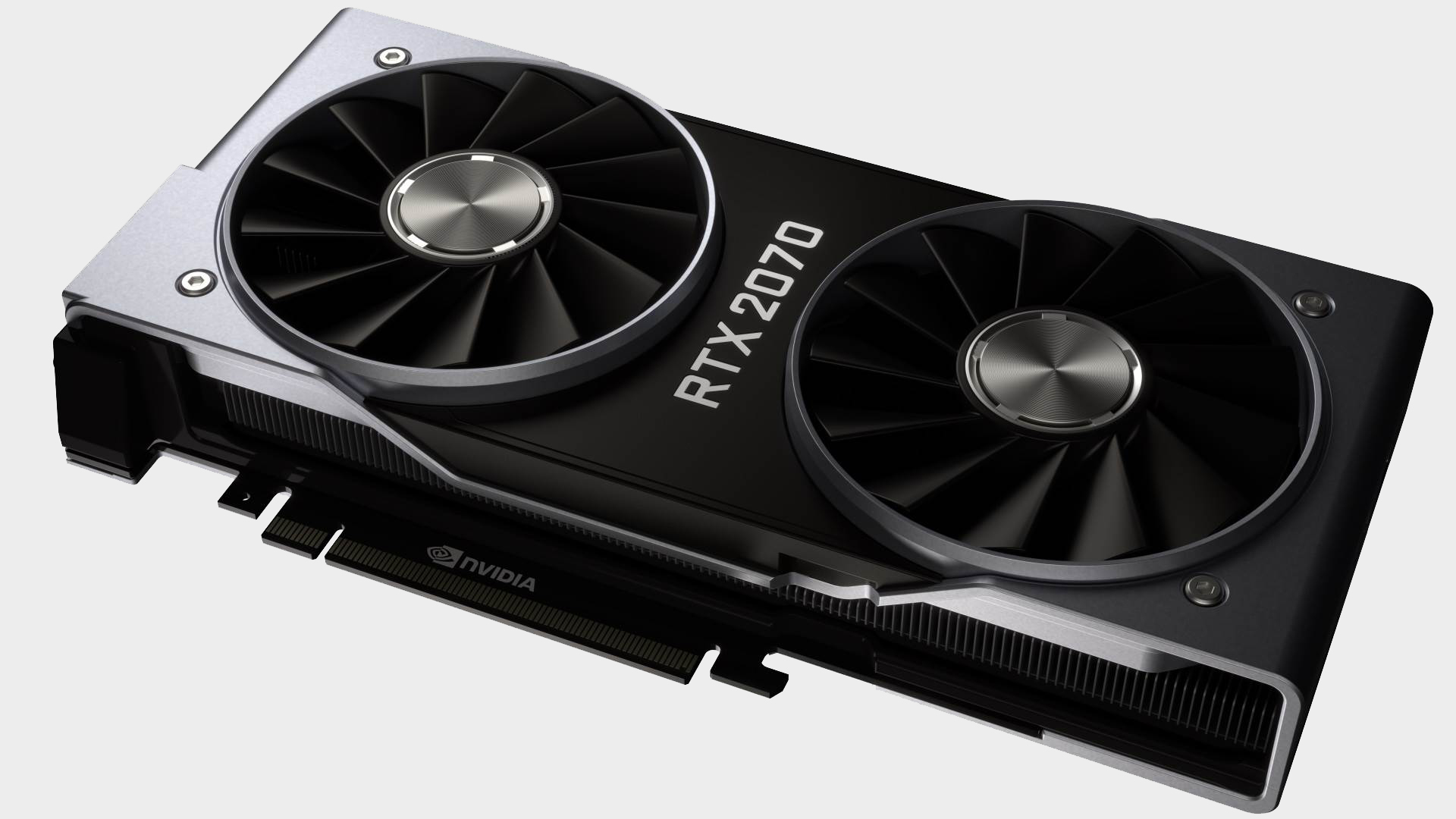
Best GPU: Nvidia RTX 2070
With the prices of both RTX 2080 Ti and GTX 1080 Ti cards hovering in the thousands—and the performance of some RTX cards being marginally higher than GTX 10-series cards—choosing our best GPU for the year came down to two main factors: price and ray tracing.
Nvidia's RTX 2070 offers a high-quality gaming experience that won't leave you on a Ramen budget until the end of the month. It might be a touch slower than the GTX 1080 Ti, but what it lacks in performance it makes up for in price and with the new ray tracing technology. At a more manageable $500 a piece, the RTX 2070 cards have the ability to make light, shadows, and reflections look more intense and realistic compared to the previous GTX series. They're also faster than the existing GTX 1080 and Vega 64 cards.
There may not be many games out yet that support ray tracing, but that doesn't mean they aren't coming. 9 have been announced so far, including games like Atomic Heart, Metro Exodus, and Shadow of the Tomb Raider. Battlefield 5, which has already been released, supports ray tracing as well. There are also 25 games slated to get DLSS support, though it's been slow to arrive for some reason. Regardless, if you want to find out what all the cool kids have been talking about, the RTX 2070 is your best bet.
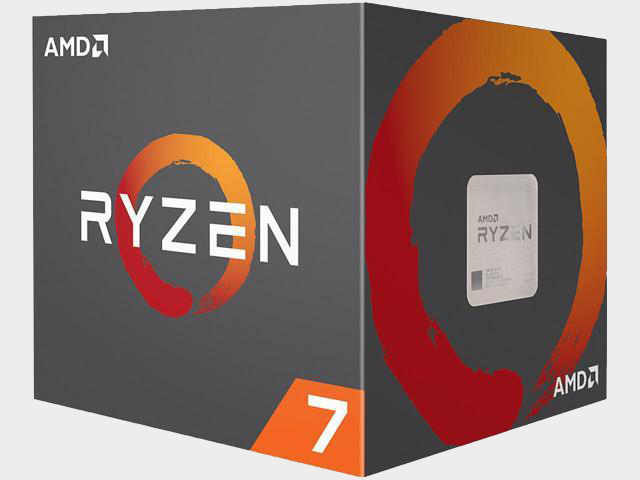
Best CPU: AMD Ryzen 7 2700X
AMD's Ryzen 7 2700X may be slightly slower than Intel's Core i5 and i7 when it comes to games, never mind the Core i9-9900K, but a base clock of 3.7GHz and a boost clock of 4.3GHz is nothing to snark at, especially when it has 8-cores and 16-threads. It has the highest clockspeeds compared to its previous-gen CPUs too, and excellent multi-threaded performance. It also comes with a Wraith Prism cooler, amounting to even more savings—never a bad thing. And with prices starting at $300, AMD wins the value proposition hands down.
Both the Ryzen 7 2700X and Ryzen 7 2700 made our best of list, and honestly this category could have gone either way between the two. If you're not interested in overclocking, the Ryzen 7 2700X has better stock performance for a minor increase in price, and includes a better cooler. But the processor itself is still unlocked, so there is some overclocking potential.
Keep up to date with the most important stories and the best deals, as picked by the PC Gamer team.
The second generation of Ryzen processors are a major improvement over the first-gen in just about every way you can think of. If you're looking for a processor that offers good gaming performance and excellent multi-threaded performance, Ryzen 7 2700X is arguably the best choice.
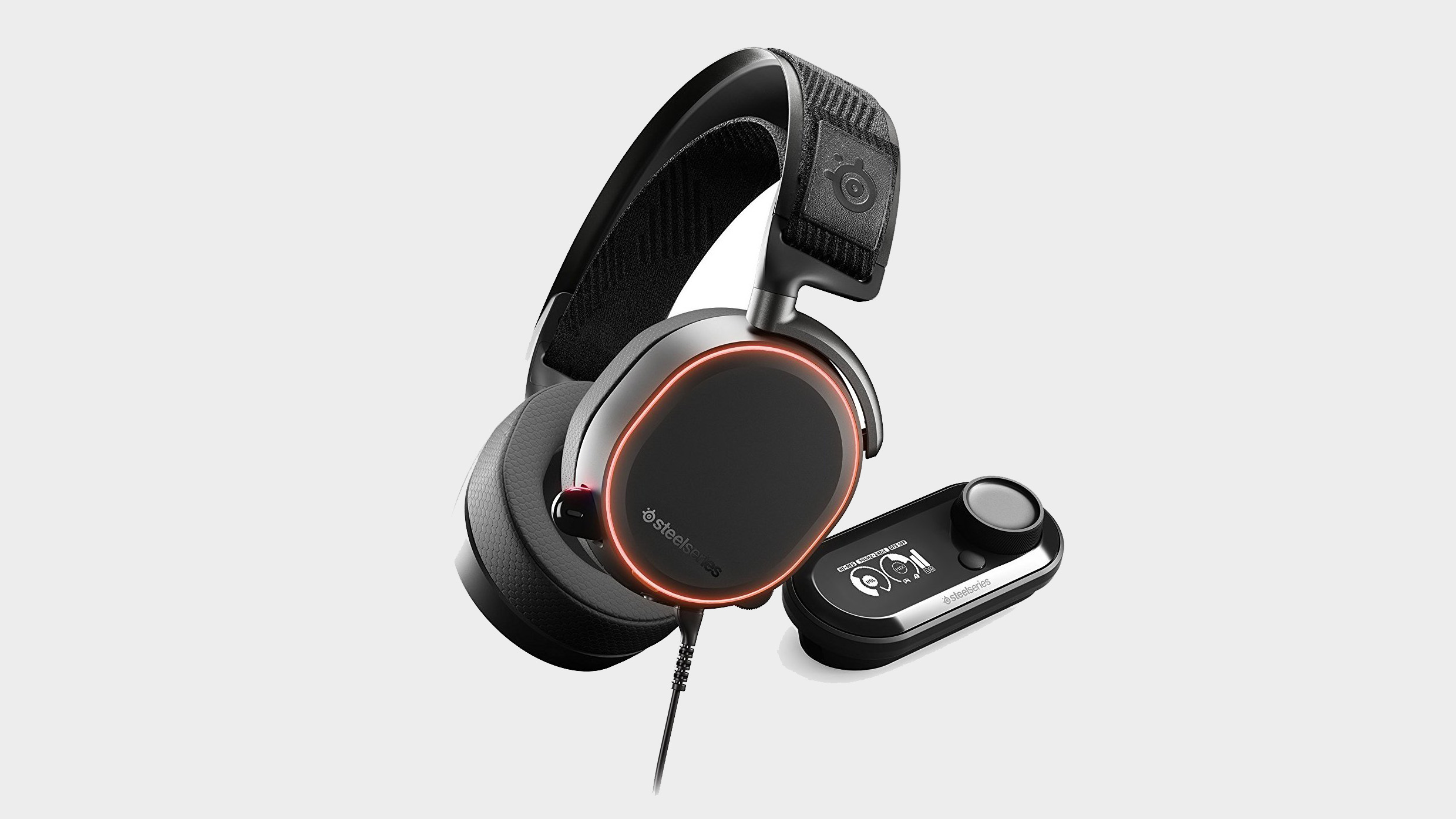
Best gaming headset: SteelSeries Arctis Pro + GameDAC
The SteelSeries Arctis Pro + GameDAC was created with audiophiles who want high-end sound in mind. It has a frequency response of 10Hz-40,000Hz—way beyond the usual for non-hi-res headsets—delivering lossless, crisp 24-bit sound even without a Tidal subscription. We loved its capability to handle high-res audio so much that we put it on our list of best gaming headsets. For everyday compressed audio usage, you'll still be able to hear the difference with this headset.
That sound quality improvement is due to the GameDAC box, a digital-to-analog converter and amplifier that off-loads the processing strain your PC would experience otherwise, bypassing the audio hardware built into your motherboard. The GameDAC box doubles as a control center and is small enough to sit on your desk without making it feel cluttered.
The SteelSeries Arctis Pro + GameDAC generally retails around $250, which seems a little steep for a headset, but considering you're getting the same audio quality as the wireless version for about $50 less, this wired headset is a more budget-friendly option for those who want to experience the sounds of their favorite band or game like they haven't before.
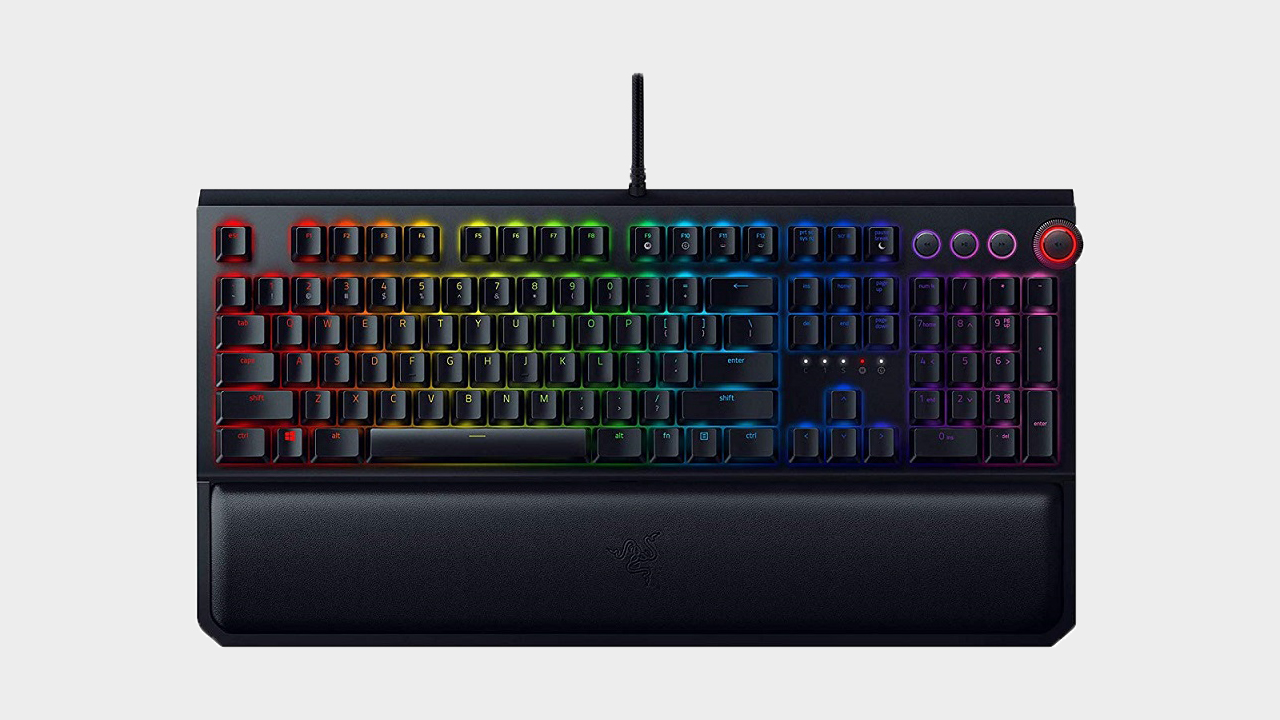
Best gaming keyboard: Razer Blackwidow Elite
In addition to fast actuation speeds, macro capabilities, pretty RGB lighting, and a sturdy design, the Razer Blackwidow Elite has a few notable upgrades from its predecessors. The 3.5 mm audio passthrough, for instance, is something that's rarely ever seen in high-end mechanical keyboards. Coupled with media controls, you don't have to worry about reaching for your mouse to pause your music or fumbling for the volume knob on your headset cord.
Where the Blackwidow Elite gets really fancy is with its onboard memory storage. Users don't need to save their personalized settings to the Synapse cloud anymore—the Blackwidow Elite can store then locally. In fact, you can still use the cloud if you want to, so you can still access your stored profiles no matter where you are.
And of course, there's Razer's super-comfortable magnetic wrist rest, which pretty much puts all other mechanical keyboard wrist rests to shame. With all that combined, it's easy to see why the Blackwidow Elite is our 2018 pick for best gaming keyboard.
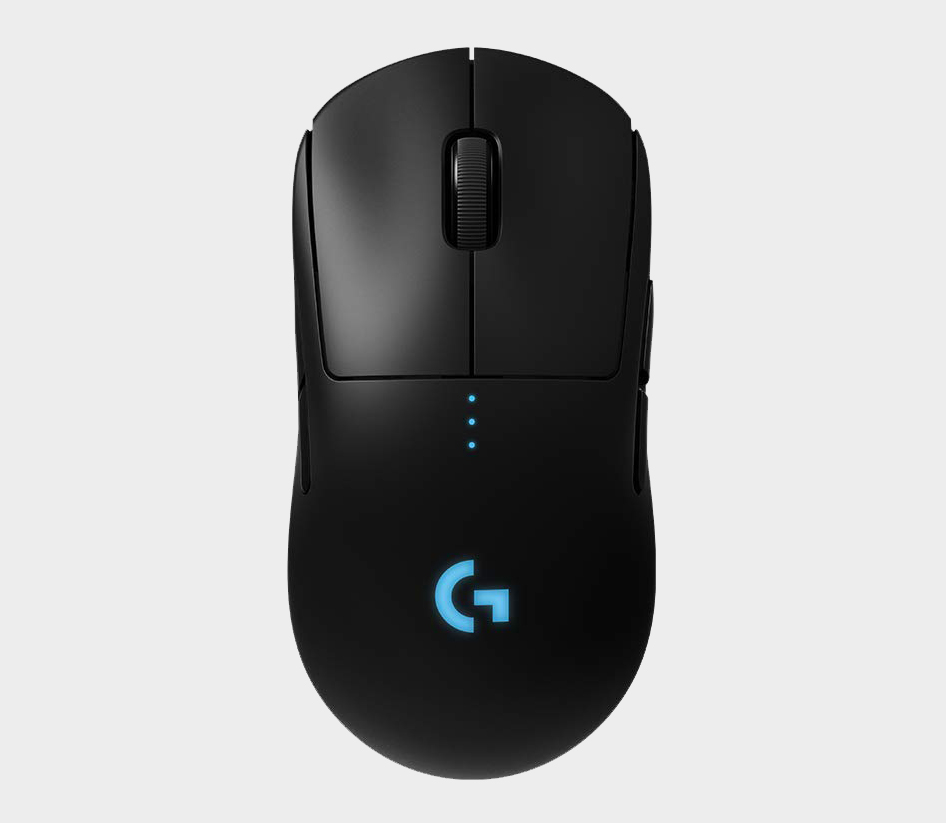
Best gaming mouse: Logitech G Pro Wireless
The G Pro Wireless is not a flashy, ostentatious mouse. It has no gimmicky features, and was designed for (and with) esports pros who prioritize simplicity, weight, and performance above all else. And it is very, very good at all those things. The G Pro Wireless uses Logitech's 16,000 CPI Hero sensor, which is a bigger number than you'll ever need.
But the important thing is how well that sensor performs at any CPI setting, and how power efficient it is. The G Pro Wireless can run for days at a 1000Hz polling rate before it needs to recharge. There's no sacrifice in performance compared to a wired mouse (and in fact, most wired mice don't even have sensors as good as the Hero).
Thanks to Hero's efficiency, Logitech didn't have to weigh the mouse down with a bulky battery to still get great battery life, and it's unbelievably light as a result. A mere 80 grams. That's lighter than even most esports-focused wired mice, and the freedom of not having a cable makes it feel even lighter. I do personally prefer the slightly bigger shape of this mouse's predecessor, the G903, and some of its touches like a metal scroll wheel.
The G Pro Wireless is intentionally a very compact, lean mouse built for an active grip. It looks unassuming, but the confidence of that design, its battery life, and best-in-class sensor make it the best new mouse of the year.
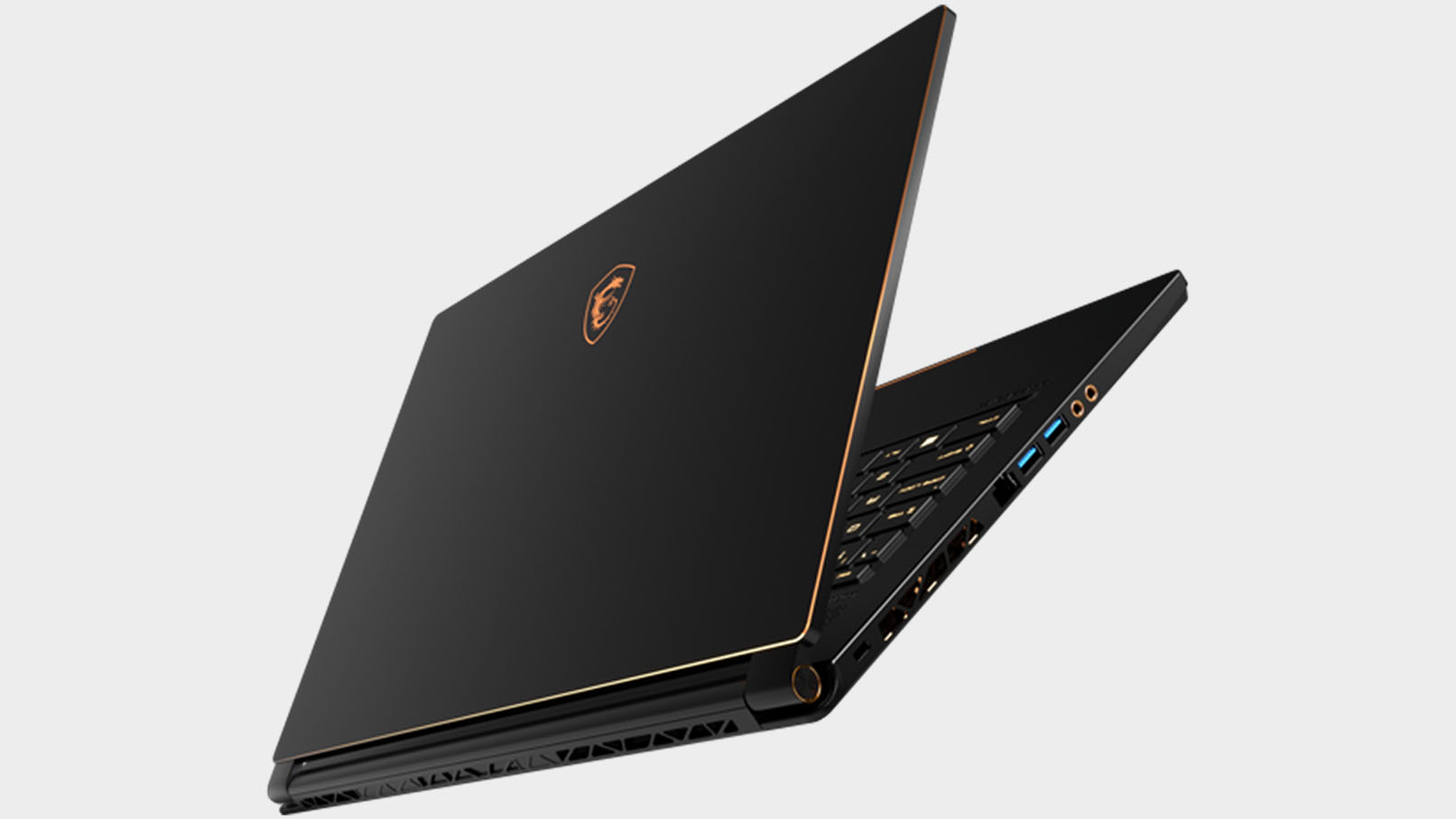
Best gaming laptop: MSI GS65 Stealth Thin
As we said in our review, the MSI GS65 Stealth Thin might be the best gaming laptop ever made. It's light and thin enough to carry around anywhere like a notebook, yet still delivers some serious gaming PC performance. G-Sync is missing from its list of specs, but that translates into a lower price and a battery that can last all day while doing multiple simultaneous tasks.
But if you are looking for a upgrade, the Max-Q model is a few hundred dollars more than the base model and completely worth it. The Max-Q comes with a GTX 1070 instead of a 1060, which allows you play most games with maxed out settings at framerates above 60 fps. Disabling some of the more graphically demanding options will push that to 100 fps and above, and allow you to experience games on the GS65's 144Hz display.
The GS65 also has a mature design, thankfully foregoing some of the more stereotypical gamer aesthetics. It won't feel out of place in a board meeting or in another professional environment, serving a dual purpose: the ability to play hard after you've worked hard.
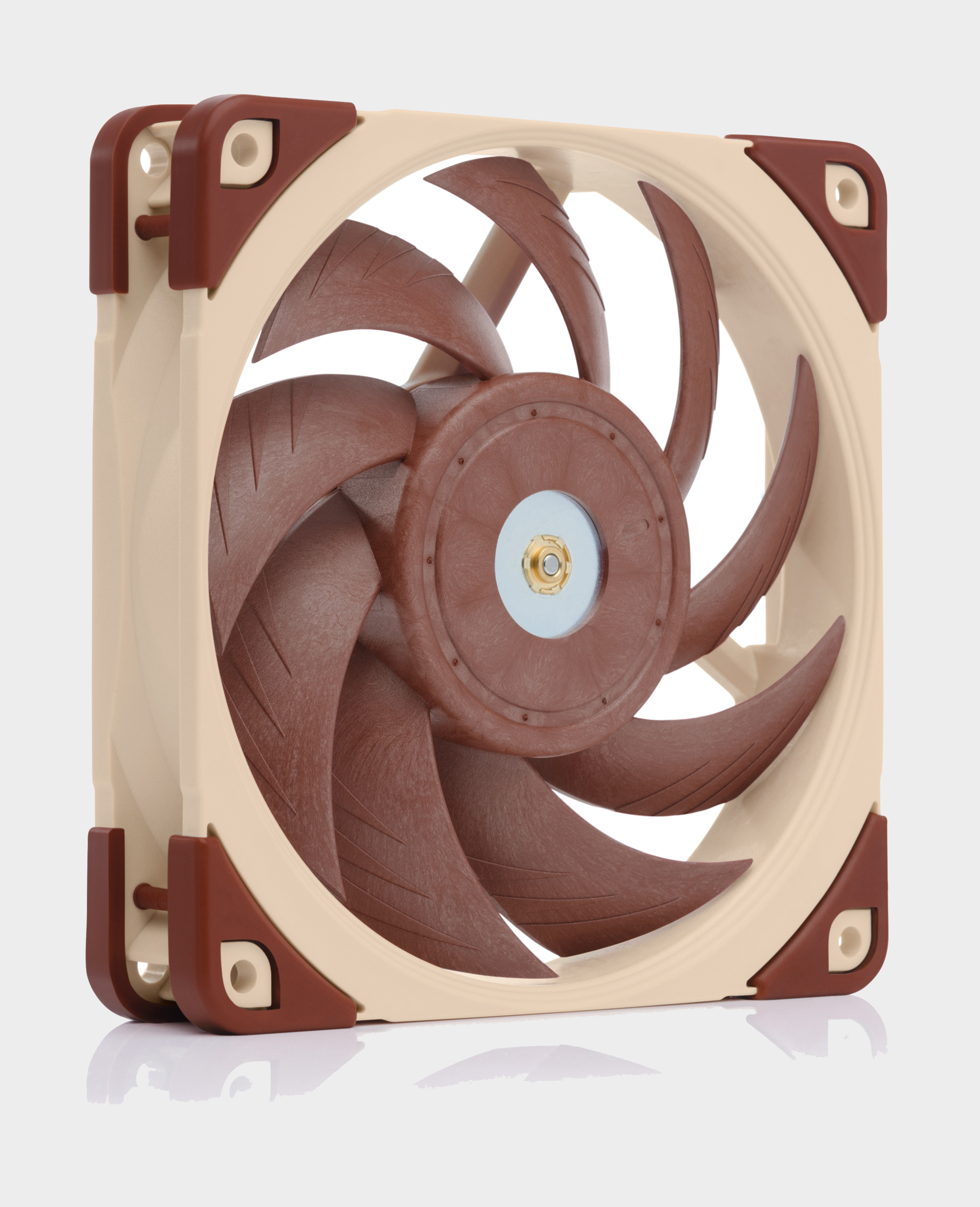
Best cooling: Noctua NF-A12
We usually don't give out a hardware award for fans at the end of the year, but this year there's a fan worth the praise. In 2017, I wrote about the years of ambitious R&D that went into Noctua's upcoming fans, and it took until mid-2018 for them to finally make it to market as the NF-A12. And while I don't have the hardware setup needed to measure exactly how good these new fans are, I can attest to the fact that they are very good.
In fact, I replaced the Corsair fan I was using to pull air over a 140mm radiator with the 120mm NF-A12 (Noctua includes an adapter for just this purpose), and am keeping my CPU just as cool, even with a smaller fan that should be working harder. That's a testament to the efficiency of Noctua's design, and it's impossible to hear inside my PC. I'd love a 140mm version, but the NF-A12 is a remarkably good and remarkably quiet fan for either general case airflow or cooling a radiator.
I also want to praise Noctua for sticking to its guns and ignoring the flash of RGBs in the NF-A12, or any of its other fans. The absolute best fan you can buy this year is brown and tan and has no lights on it, because those are distractions from its purpose: keeping your PC as cool and quiet as possible.
The collective PC Gamer editorial team worked together to write this article. PC Gamer is the global authority on PC games—starting in 1993 with the magazine, and then in 2010 with this website you're currently reading. We have writers across the US, UK and Australia, who you can read about here.


